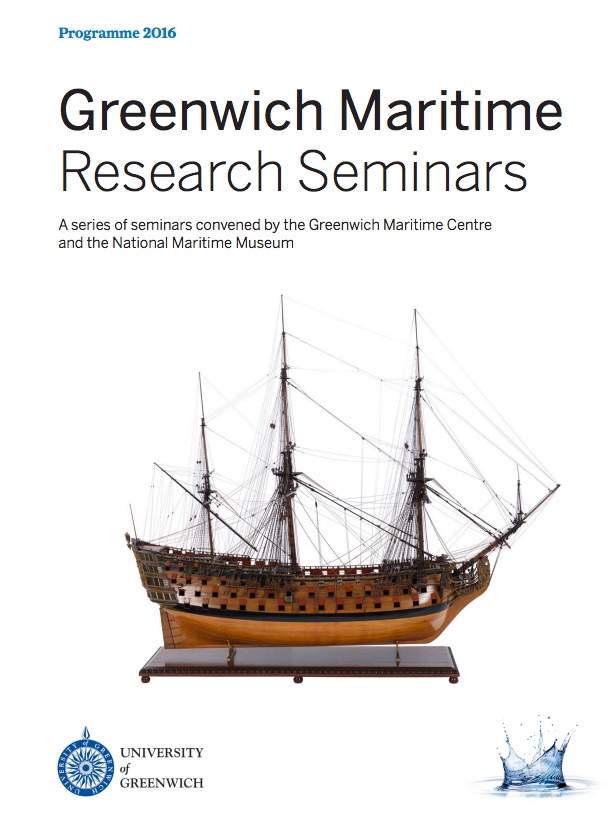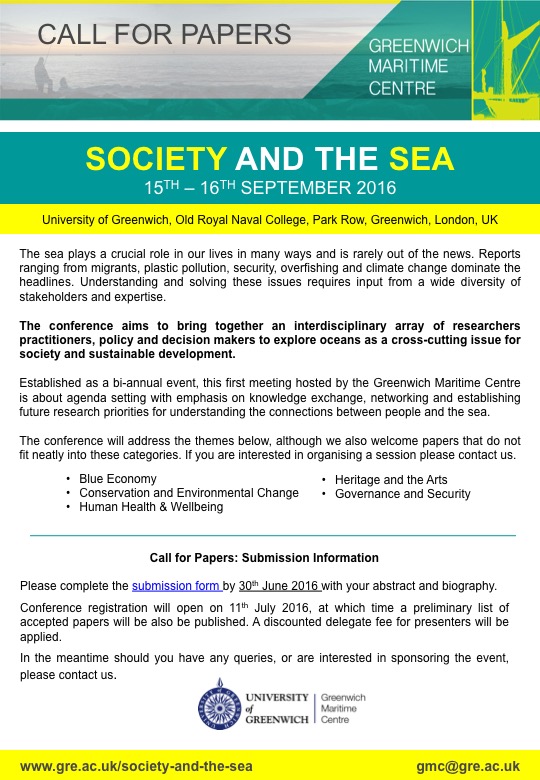Art can be a powerful way of engaging people in important issues. It can tell a story in a way that words might not. A key goal of the Greenwich Maritime Centre is to increase social awareness and appreciation of the seas and oceans, and we feel that it is important to engage with artists and art as part of this process. Therefore, we are pleased to announce that at regular intervals through the year the GMC will feature artists whose work relates to maritime issues.
Our first featured artist is Vince Bevan who is a freelance photographer based in Bristol, UK. Vince was commissioned as part of the Geography of Inshore Fishing and Sustainability (GIFS) project to produce a series of images under the title ‘Landscapes of Fishing’ that depicted inshore fisheries at the start of the 21st Century in England, France, Belguim and the Netherlands. The collection can be seen on the GIFS website and his other work can be seen on his website.
Vince Bevan is a freelance photographer based in Bristol, U.K. He works extensively in photojournalism and supplies images to a wide variety of clients, nationally and internationally. His pictures have been published in many newspapers, magazines and books worldwide including The Guardian Weekend Magazine; The Independent Magazine; Independent on Sunday Review; The Times; Sunday & Daily Telegraph; The Observer; The Financial Times; Geographical Magazine; Le Point (France); Suddeutsche Zeitung (Germany), and Das (Switzerland).
The diverse range of subjects he has covered include the war in Bosnia, religious festivals in Spain, East Timor’s struggle for independence, the refugee crisis on the Thai/Burma border and extensive documentation of the fishing industries in England, France, Belgium and the Netherlands.
He has exhibited at a number of U.K. and international venues, including the British Library, London; Royal Festival Hall, London; Stephen Lawrence Gallery, London; National Maritime Museum Cornwall; National Eisteddfod of Wales; Royal West of England Academy, Bristol; ‘Festival Photo L’Homme et la Mer’, Brittany; ‘International Photoreporter Festival’, Brittany, and the Bibliotheek Kris Lambert, Ostend.
His photographs are held in several public collections and he has won a Nikon International Gold Medal and awards from Cosmopolitan and the Museum of London. Selections of his images are currently represented by Corbis, Alamy, Zuma Press and Millennium Images.
www.vincebevan.co.uk
| The horseback shrimp fishermen of Oostduinkerke, Belgium

|
Once a popular form of fishing in certain areas of France, Holland and England, Oostduinkerke is the only place left in the world where the 500 year old tradition of shrimp fishing on horseback is still in practice.
Shrimp fishermen sit in wooden saddles on their horses, which drag large nets behind them. Draft horses famous for their enormous strength, such as the Brabant, are used for this task. The catch is then transported through the streets of Oostduinkerke on carts. © 2014 Vince Bevan |
| Nicky King, fisherman, Wells-next-the-Sea, north Norfolk, constructing crab pots in his shed

|
| Nicky started fishing professionally at 15 and is a member of the Wells-next-the-Sea lifeboat crew. “Everyone is very worried about protecting every other marine organism, apart from fishermen. I think the only endangered species, to be quite honest, is us lot.” Nicky King. © 2014 Vince Bevan |
| Oystermen tending their oysters at low tide in St. Vaast la Hougue, which is situated in the cradle of Normandy’s oyster industry

|
| The oysters are enclosed in sacks that need regular turning to separate them, and are farmed on either side of the town. The oyster growers of Normandy produce about 25% of all the oysters in France (approx. 35,000 metric tons annually). The area of oyster cultivation encompasses more than 2,700 acres. © 2014 Vince Bevan |
If you would like your work to be shown, please visit here for our submission guidelines.





